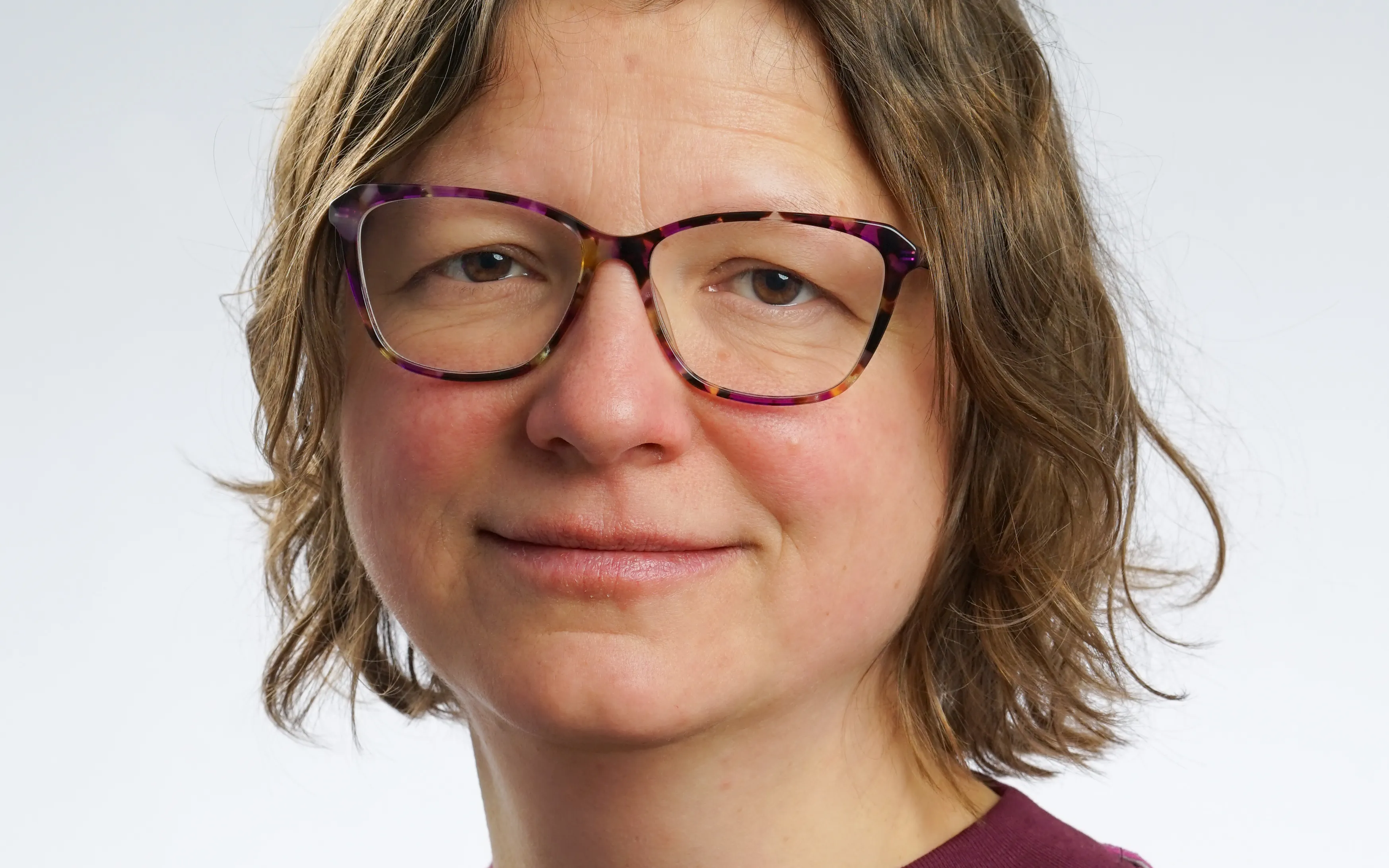Tanja Plasil: "We want to lift up volunteering to its pre-pandemic status and maybe even higher"
Tanja Plasil, Project leader of the European Volunteering Capital 2023, shares with us their goals and expectations during this year as the reference city for volunteering.
On 5 December, the Centre For European Volunteering (CEV) announced which city would be the European volunteering capital in 2023. The lucky one was the Norwegian city of Trondheim, after a close call with Asti, Oerias and Birgu.
For this reason we contacted Taja Plasil, so that she could share with us the challenges, the objectives and the reality of volunteering in the chosen capital.
What are your aims?
We want to support volunteers and volunteer organizations in Trondheim, improve collaboration in the city, help to make volunteering more visible in Trondheim and Trøndelag province, promote Trondheim as a city of volunteering and revitalize our volunteering policies.
From your point of view, what will be the benefits for the city? It is a great honor to have been chosen European Capital of Volunteering. We want to use our title to put Trondheim on the map for Europe, promote our city and our volunteers nationally and international, create networks beyond Norwegian borders and learn as much as possible from other countries and cities in Europe.
What events do you expect to do during this year?
We just had our grand opening ceremony in the Nidaros Cathedral with 750 volunteers being present for a 1,5 hour celebration and the awarding of the volunteer price 2022. This ceremony was also the final event in a three-day study tour for 45 international guests from 13 countries who experienced volunteering in Trondheim through visits to more than ten volunteer organizations and a conference with 85 participants.
The next big event will be that we host the CEV spring volunteering congress in our office in Brussels together with the Norwegian ambassador. In april we will have a large fair where more than 80 volunteer organizations mainly form the culture, sports and outdoor sector will present their activities to the citizens of Trondheim ( we expect several thousand guests that day). We also organize monthly networking events together with NTNU and other partners each of them centered around a specific topic. In February the topic will be diversity and integration, in April young people, mental health and volunteering and in May professionalization of volunteer organizations.
What is the picture of the current state of volunteering in Trondheim?
Even though volunteering is still strong in Trondheim also here we feel the aftermath of the Covid-pandemic and a declining volunteer population. We want to use 2023 to lift up volunteering to its pre-pandemic status and maybe even higher.
What do you have to say about the jury recognizing Trondheim as “the city that demonstrates a very impressive infrastructure for promoting and ensuring quality volunteering among all age groups”?
We have 14 volunteer centers in Trondheim who work as neighborhood hubs connecting the local people through volunteering and other activities. As a municipality we have short lines and good connections to the more than 1500 volunteer organizations in the city and a rather unbureaucratic approach to cooperating with them.
The jury also highlighted that Trondheim “is making outstanding efforts in prioritising quality volunteering and to publicly recognise volunteers and the contribution they make to the community". What do they mean with “quality volunteering”?
Each year we hand out the volunteer award for the volunteer of the year.
The jury also recognized the "high volunteer-engagement rate” of the city. What is the reason for this high voluntary participation?
Norwegeans traditionally do things together. Dugnad is the word for working together for the common good, without payment and getting things done that one could not do alone. This tradition is strong here in Norway. Furthermore, most sport activities for children and young people are organized through volunteering with parents making sure that these activities are run and organized.



Add new comment